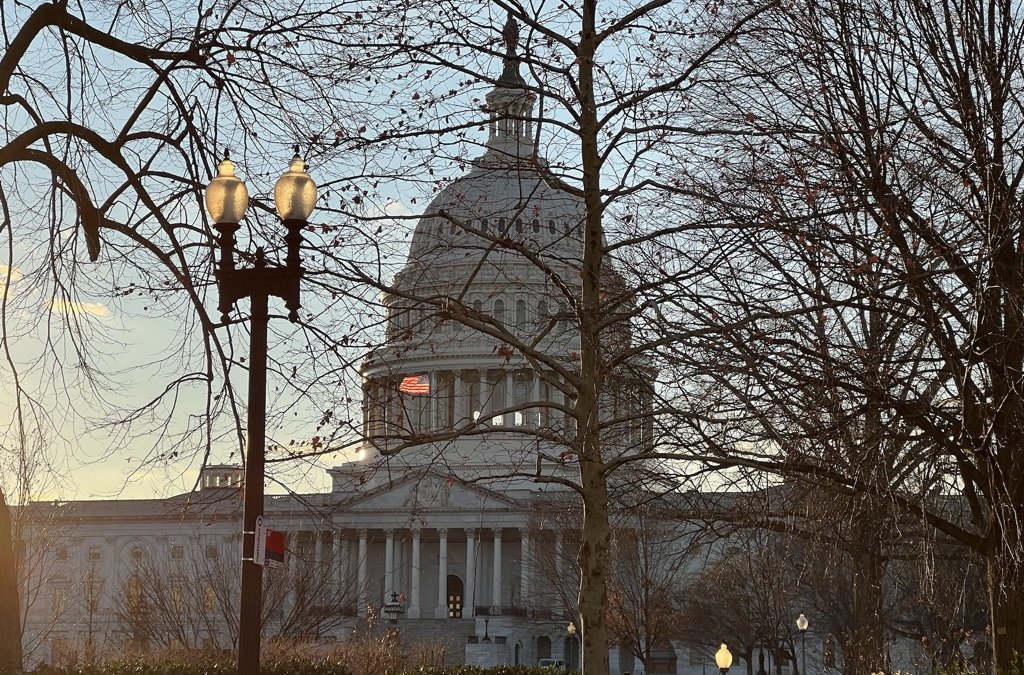WASHINGTON – House Republicans on Wednesday attacked environmental regulations as “burdensome” for small businesses, saying they stifle innovation, even as some testified that the rules align community and business interests.
The Environmental Protection Agency’s regulations save money in the long term by protecting the communities that benefit from small businesses and the businesses themselves, Michael Green, the director of climate and energy policy at the American Sustainable Business Network, said during a hearing before a subcommittee of the House Committee on Small Businesses.
“For far too long we’ve been fed by a false narrative that environmental and public health regulation hampered our economic growth,” Green said. “Experience shows the exact opposite is true.”
Green said EPA’s rules provide incentives for sustainable development that benefits public health and businesses alike as both face threats from climate change. His organization helps companies develop and advocate a sustainable economy.
Small businesses, accounting for 44 percent of the country’s economic activity, are especially vulnerable to climate change-related disasters due to their limited resources. According to the Federal Emergency Management Agency, 40 percent of businesses do not reopen after a disaster.
“We’re moving the American public away from the understanding of the true intent of the EPA,” Green said. “Rather than scaring those small businesses away from the conversation, we could bring them into the conversation.”
But many Republican lawmakers, like committee Chair Roger Williams (R-Texas), contended that the EPA is “regulating coal, oil and gas companies into oblivion.”
They say consumers and businesses are already struggling with inflation and high costs, and compliance costs of environmental regulations are adding to those challenges.
Federal agencies are required to ease the regulatory burden for small businesses by the Regulatory Flexibility Act. Two separate oversight reports gave the EPA an A rating for its compliance with this law.
But Brandon Ferris, who works for the National Association of Manufacturers, asserted that the EPA did not take the needs of businesses into account. He said regulations are so restrictive that they are unachievable, especially for small businesses.
Rep. Jake Ellzey (R-Texas) called the EPA “a self-licking ice cream cone.”
“The administration fails to understand these regulations have real-world consequences for the American public overall, and specifically small businesses,” Ellzey said.
Cye Cooper Wagner, the vice president of exploration at Cooper Oil and Gas, said her small company was inspected 297 times in 2023. She said the ambiguity of rules her company must follow “is a huge problem.”
However, Cooper Wagner told the Medill News Service after the hearing that the regulations “that are in place now do their job.”
The Permian Basin, the country’s largest oil and natural gas site, sextupled its oil and gas production while maintaining or decreasing greenhouse gas emissions since 2010.
“Regulations can drive innovation and grow the economy and protect public health and our environment at the same time,” ranking member Nydia Velázquez (D-N.Y.) said.
Velázquez pointed out that pollution has “a long history of environmental racism and inequality,” where marginalized communities face its worst effects.



